- +033 2572 7171
- info@dhanvantary.com

4.5 Rating | 4500 Review

4.5 Rating | 4500 Review
Hemoglobin is the protein in red blood cells that carries oxygen around the body. When you have anemia, your body doesn't get enough oxygen, which can make you feel tired, weak, and short of breath. Therefore, Insufficiency of healthy red blood cells or Low levels of Hemoglobin is called Anaemia.
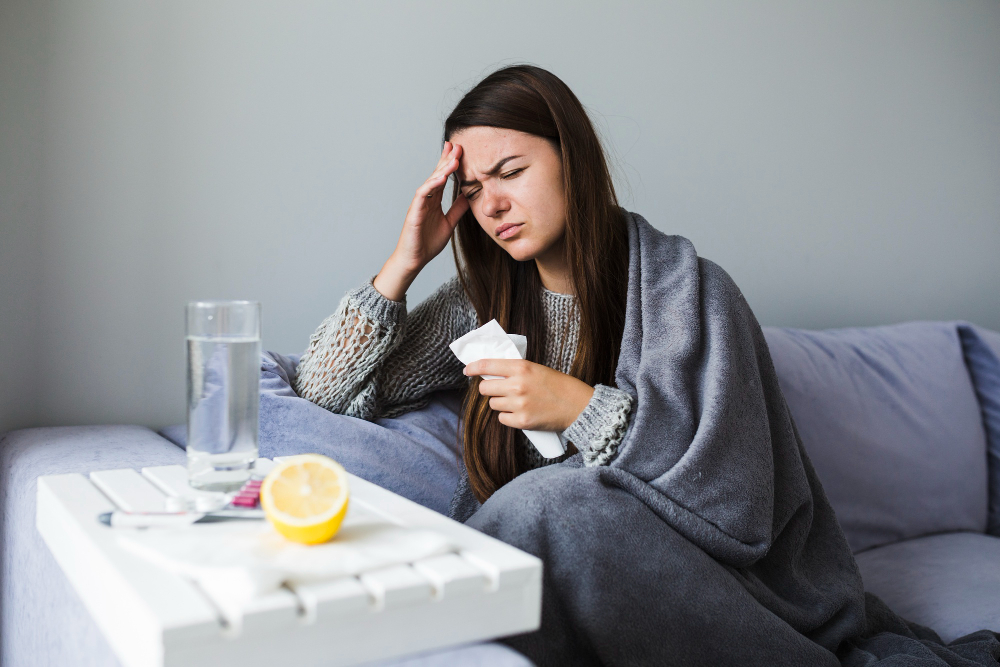
According to Ayurveda, Pandu is a disease which is said to Produce symptoms similar to Anaemia. It is a disease causes due to vitiated ‘Rasa dhatu’ (which is the preliminary nutrient to all the other body tissues.
It is a condition that is caused by an imbalance of the three doshas (Vata, Pitta, and Kapha), mainly Pitta dosha.
Weak digestive fire (Agni) leads to improper digestion and absorption of nutrients, particularly iron and other blood-nourishing elements.
Consumption of incompatible foods (Viruddha Ahara), such as heavy, oily, or processed foods with very low nutritive value, can lead to indigestion and malabsorption, spicy and sour foods that are pitta aggravating can lead to depletion of blood
Chronic or acute blood loss due to conditions such as heavy menstruation (menorrhagia), hemorrhoids, or injury can cause Pandu.
Excessive physical or mental stress without adequate rest can deplete the body’s energy and contribute to blood deficiency.
Shortness of breath, especially when engaging in physical activity.
A person may feel weak, tired, and have low energy, often feeling lethargic even with minimal physical activity.
Dizziness or light headedness may be present due to poor oxygen supply to the body.
The skin, eyes, nails, and tongue may become pale or yellowish in colour.
Person may feel weak, tired, and have low energy, lethargic even with minimal physical activity.
Especially on exertion.
Swelling of the face, feet, or hands due to water retention and poor circulation may be present.
These occur due to poor blood circulation.
Dehydration due to poor circulation can lead to dryness of skin.
Difficulty concentrating, lack of clarity in thoughts, or mental fatigue.
This is similar to "pica" where the person may develop unusual cravings for substances like mud, clay, or chalk.
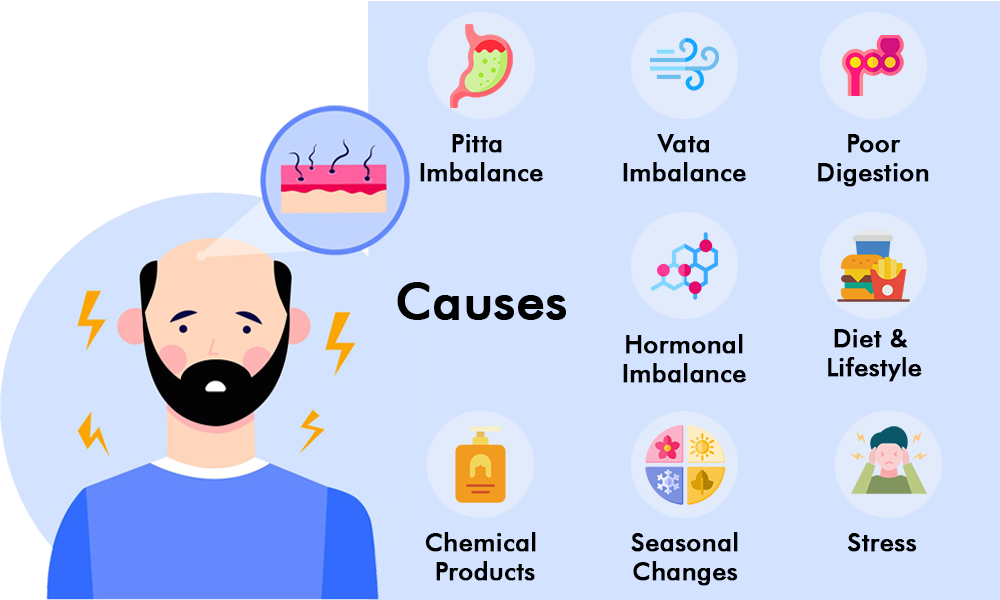
1. Balanced diet with Iron-Rich Foods like green leafy vegetables like spinach, fenugreek, and amaranth. Lentils, beans, tofu, and dates for natural iron sources. Raisins, figs, and pomegranates to boost blood formation.
For e g. amla (Indian gooseberry), lemons, oranges etc. help the body absorb iron better. Have fresh fruit juices like pomegranate and orange juice regularly.
According to Ayurveda taking a small amount of ghee (clarified butter) and honey (but not mixed) is beneficial.
Ensure adequate hours of sleep, at least 7-9 hours daily night.
Light exercises such as walking, yoga, or stretching to boost circulation and energy without straining your body.
Practice meditation, deep breathing (pranayam), to reduce stress.
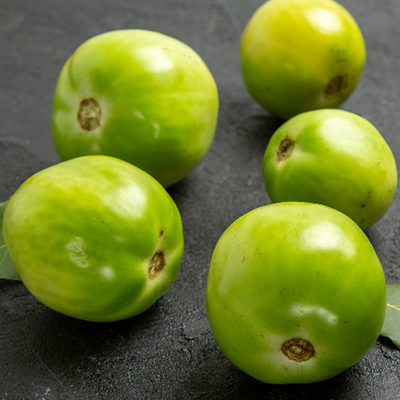
A rich source of vitamin C which maximises iron absorption from the daily diet.
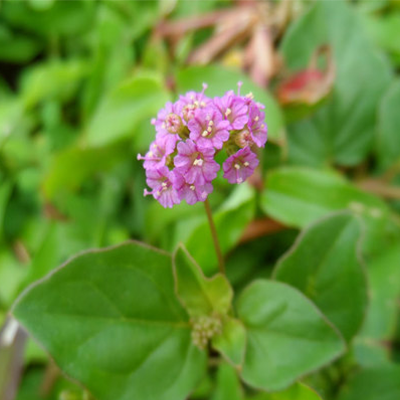
Helps reduce swelling
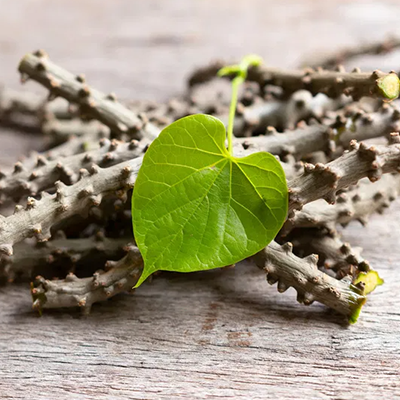
It’s an excellent immunity boosting herb.

Helps revitalize by by reducing weakness and fatigue.
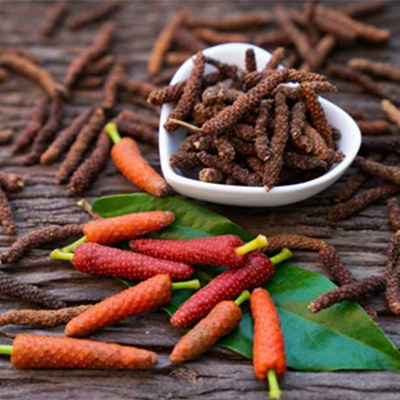
A spice useful for enhancing digestion and thus Improve digestive fire (Agni) and help with the proper assimilation of nutrients, including iron.
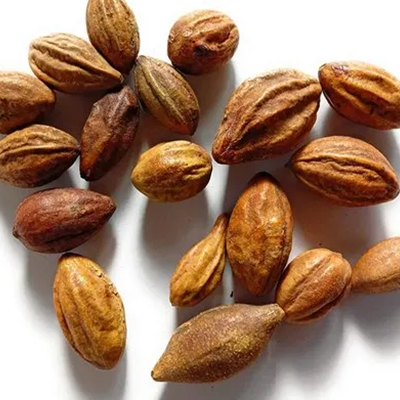
It helps improve digestion and detoxify the body, resulting in better iron absorption.
